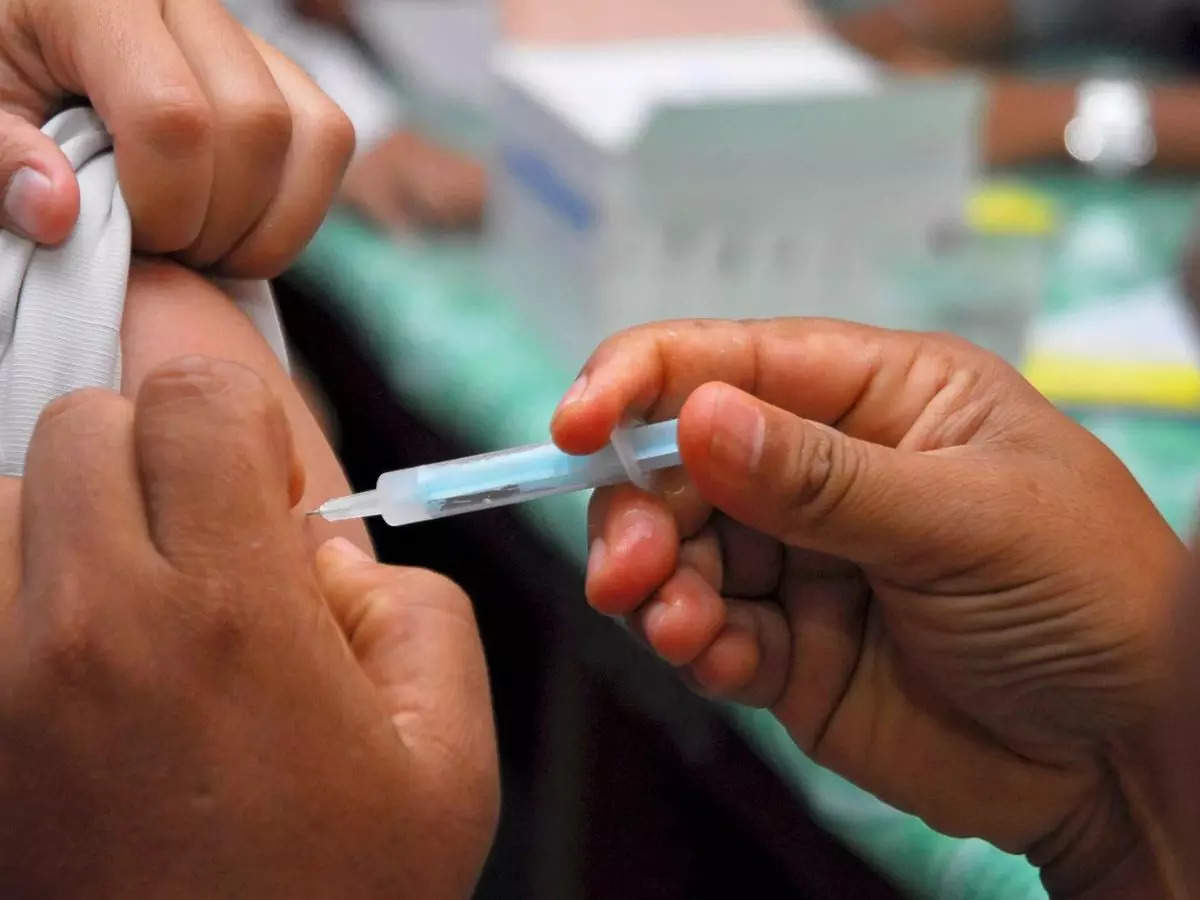
New Delhi: At nearly 16 lakh, India had the second highest number of children who did not receive any vaccine in 2023, preceded by Nigeria which had the most number of zero-dose children at 21 lakh in the same year. However, India’s rank improved from 2021 when the country had recorded the most number of zero-dose kids globally at 27.3 lakh.
According to data published on Monday jointly by the World Health Organisation (WHO) and UNICEF, Nigeria had the most number of zero-dose children at 21 lakh in 2023. Other countries following India are Ethiopia, Congo, Sudan and Indonesia.
China is 18th on the list of top 20 zero-dose countries rank, while Pakistan is at the 10th position.
Twenty countries were prioritised in the context of the Immunisation Agenda 2030 (IA2030), based on their number of zero-dose children in 2021.
Among the countries ranked by the number of zero-dose children, ROSA, 2021-2023, India ranked number 1 out of 8 countries with 1,592,000 zero-dose children.
The World Health Organisation on Tuesday called on countries in South-East Asia Region to further strengthen efforts at all levels, with tailored approaches at sub-national levels, to identify and immunize unvaccinated and under vaccinated children.
“The increasing numbers of unvaccinated and under vaccinated children calls for urgent and accelerated action. We need to identify where and why these children are missed and prioritise reaching them at the earliest.
“No child should fall sick or die of any vaccine preventable disease when safe and effective vaccines exist to protect them against these deadly diseases,” said Ms Saima Wazed, Regional Director, WHO South-East Asia.
The region is off track to achieve 2030 immunisation agenda, she added.
In 2023, India had the third highest number of children who did not receive measles-containing-vaccine first-dose (MCV1) immunisation at nearly 16 lakh.
The percentage of children receiving MCV1, ‘typically at nine or 12 months depending on the national vaccination schedule‘, declined at 93 per cent. This is lower than in 2019, where coverage was 95 per cent.
In 2023, 1,592,000 children missed their routine first dose of measles vaccine in India. MCV2 is typically administered to children between 18 months and five years old. MCV2 coverage remained constant at 90 per cent in 2023.
In 2023, MCV1 coverage in India (93 per cent) was 10 percentage points higher than the global average (83 per cent) and 3 percentage points higher than the average across all ROSA countries (90 per cent). MCV2 is typically administered to children between 18 months and five years old. MCV2 coverage remained constant at at 90 per cent in 2023.
The latest WHO and UNICEF estimates of national immunisation coverage (WUENIC), which provide the world’s largest and most comprehensive dataset on immunisation trends for vaccinations against 14 diseases, underscore the need for ongoing catch-up, recovery and system-strengthening efforts.
“The latest trends demonstrate that many countries continue to miss far too many children,” said UNICEF Executive Director Catherine Russell.
“Closing the immunisation gap requires a global effort, with governments, partners, and local leaders investing in primary healthcare and community workers to ensure every child gets vaccinated, and that overall healthcare is strengthened.”







